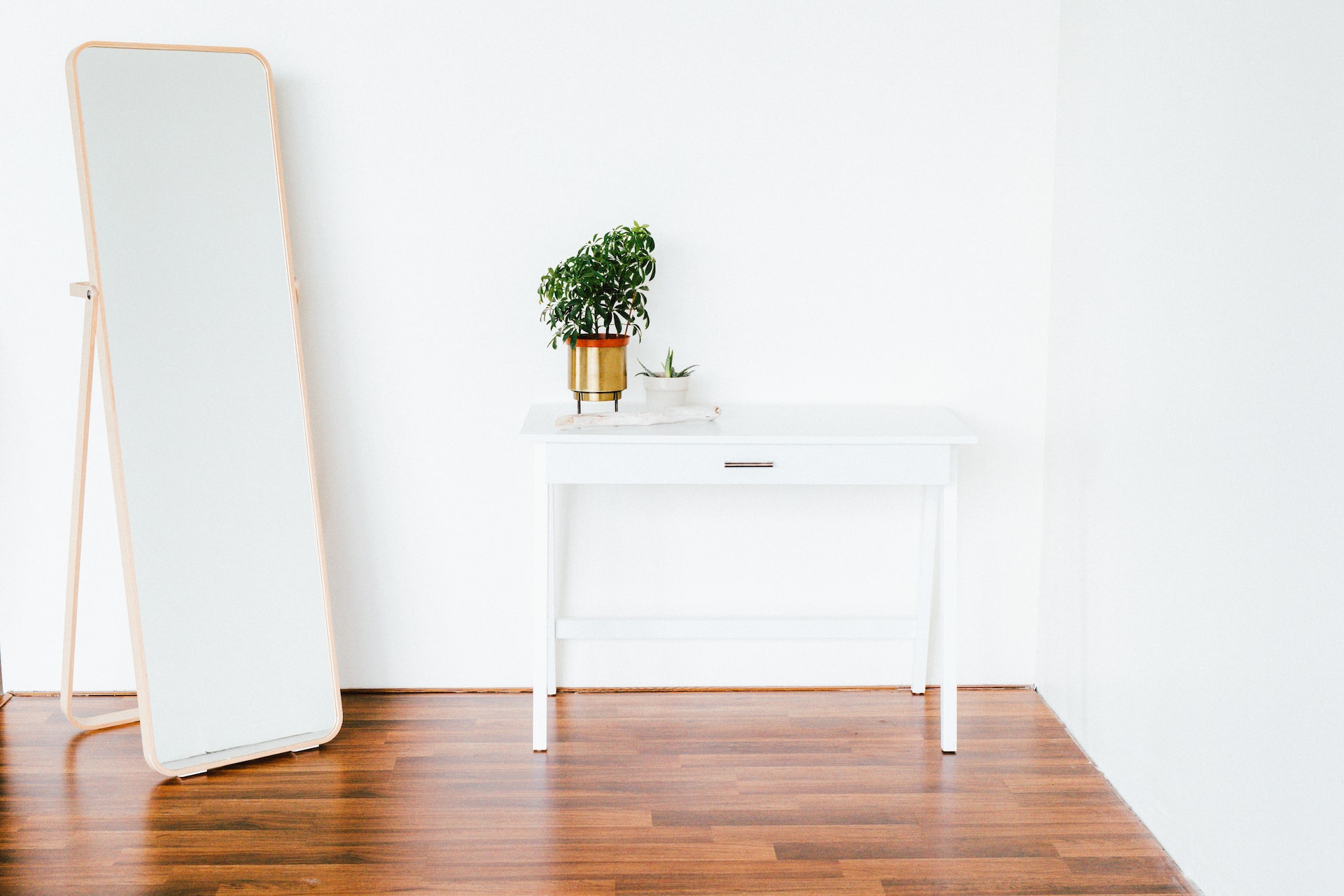Decorating a new living room or bedroom is exciting. You get to choose everything from the furniture to the paint color, and you get to transform your space into something spectacular (or at least more beautiful than it was before). But if you’re looking for a way to turn your home from “beautiful” into “spectacular,” there are some easy ways to do that without spending a lot of money. In this article, we’ll share some decor tips for creating an unfinished room by using color palettes, texture, furniture placement, and art in each space.
Choose a Color Palette
As you’re thinking about what color palette to use, keep in mind that choosing one or two colors to use throughout the room is a good idea. Having just one or two colors will make your space feel balanced and consistent.
The mood that you want to create in your home is another factor when choosing a color palette. If it’s going to be more natural looking and calming, then choose pastel shades of blue, green and yellow. Or if you want something more bold and vibrant, go with bright reds, oranges and purples instead.
Find a Focal Point
The more you decorate, the easier it gets to find your own style and make creative choices.
You might not have a lot of furniture or art in your home right now but that doesn’t mean it has to look unfinished. A focal point can be as simple as a plant on a table next to your couch (or even just flowers in a vase) or artwork hung above an empty wall.
A focal point draws attention to itself and helps make an area feel more complete and finished. It’s also nice because it allows you to add different elements that draw the eye in different directions around the room while still creating balance between them all—which is especially important if there are no other furnishings besides what’s being used as accent pieces!
Create Visual Interest
You can create visual interest in an unfinished room by using a patterned rug, hanging a gallery wall, or adding artwork that adds color to the space. To add more color and texture to your room, try adding a colorful throw blanket or a colorful plant. You can also add visual interest by placing accent pillows on chairs; these provide additional comfort as well as livening up the space.
Alternatively, you could add an interesting vase of flowers or an artful display of colored glassware on shelves or in cabinets.
Add Texture
Texture is one of the best ways to add interest to any room. It’s also one of the easiest things to add—you can use texture in fabrics, paint, wallpaper and accessories.
When you have a large space like a living room or dining room that feels too open, adding a rug is an easy way to add some definition and create separate seating areas. The right rug will also help define where you want people to walk when they visit your home—and avoid those awkward moments when guests keep stepping on your area rugs by accident!
Use Furniture or Art to Anchor the Space
When you’re decorating a space that feels unfinished, it’s important to create focal points. In an unfinished room, you may not have anything to anchor your eye. A piece of art or furniture can help guide the eye around the room and draw attention to certain areas. If there is symmetry in the room (for example, if two chairs are placed on opposite sides of an end table), try placing an item with strong visual interest in between them to add weight and balance to the design. For example:
- An oversized sculpture or painting makes a great focal point. The scale of this piece will make it stand out even more than it would if it were smaller!
- An antique chest might work well as a bookcase or sideboard—it adds drama that complements any other pieces you already own instead of competing with them like modern furniture might do.
Choose authentic curtains
Curtains can make or break the look of any room. If you want your space to feel cozy and inviting, choose beautiful curtains that match your style and add character to your home. For example, if you have traditional furniture and accessories, choose curtains with bright colors and patterns that are appropriate for your space. If you prefer sleek designs or contemporary furniture, try neutral-colored curtains with simple patterns or prints that complement your existing color scheme.
Balance Out the Room
If you have a room that’s just not quite finished, the first thing to consider is balance. A room can appear off-balance (or maybe even chaotic) if it doesn’t have enough focal points to anchor all of the things in it. Focal points can be almost anything; they don’t have to be big or fancy, but they do need to make a bold statement and draw your eye into the space.
You can use furniture, art and accessories as your focal points—just make sure that everything else in the room follows suit! For example: if you choose a large piece of artwork for one wall, then keep other walls free from any kind of decoration so there are no distractions from it when people are looking at it up close. Or if you put up several pieces of art across different areas within a single wall (like over an entire fireplace mantle), then add some balance by placing tall pieces under short ones so that no one section stands out more than another one does; likewise with large items like end tables versus small ones like lamps or plants placed on top of them!
The same goes for color choices: if each piece does its own thing in terms of hue or patterning then chances are good those elements will clash instead complement each other well enough when viewed together overall—so don’t do that! Instead go with complementary shades/tones/patterns throughout; this creates harmony while still allowing each element its own unique place within greater scheme overall.
Paint a wall
If the walls in your room need a new coat of paint, adding color will instantly brighten up any space and make it feel more finished. Pick a shade that complements the rest of your decorating choices and then use painter’s tape to create crisp lines around windows and trim. Use a sponge brush to apply two coats of paint or use spray paint for a quick fix that won’t require multiple coats.
Add art
Hang artwork throughout the room or just above one focal point such as a fireplace mantel or bedside table where everyone sees it when they enter the room. It’s an easy way to add character and personality to an otherwise neutral space without spending too much money on decor items that may not seem as important over time (such as pillows).
When it comes to decorating your home, remember that a room is never really finished. It’s always evolving and changing as you experiment with different styles and tastes. But by making small changes and choosing wisely from the beginning, you can create beautiful spaces that will last for years to come.

